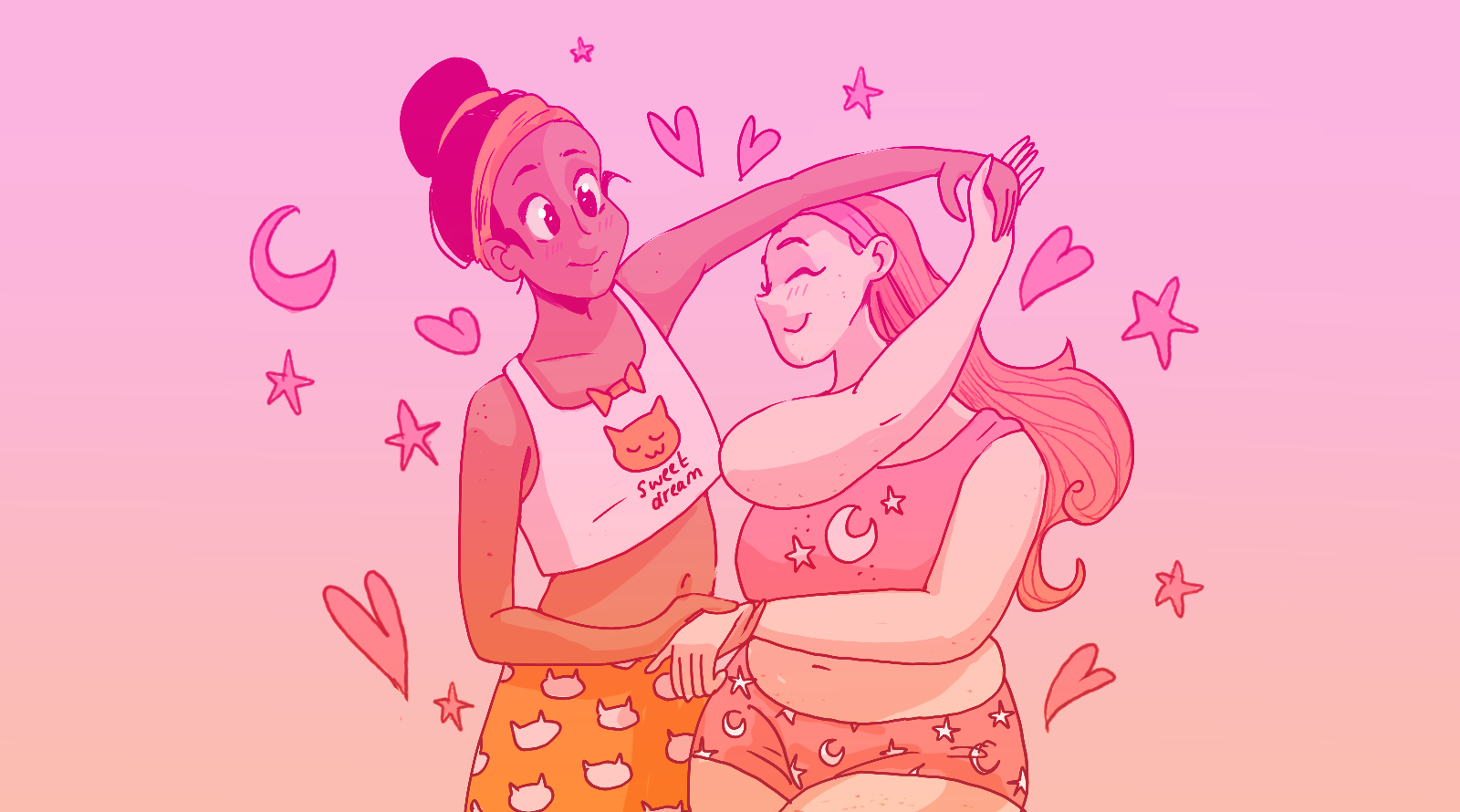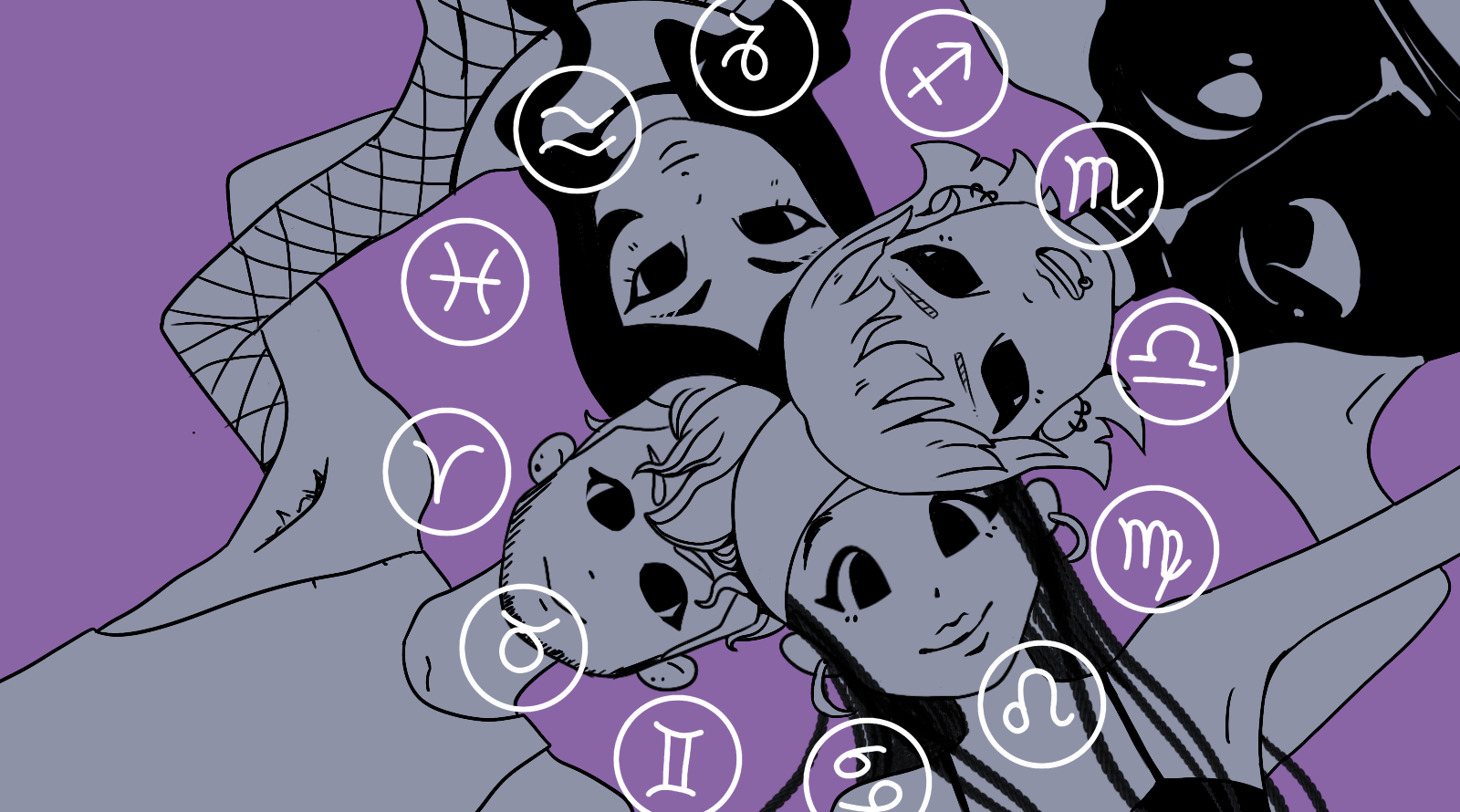“It’s all sex work, all the way down.”
It’s a statement that you want to agree with. It’s very FEMINISM 101 ™ a la Greta Gerwig’s 2023 film, Barbie. On the surface, it’s very easy to see how someone completely removed from the reality of sex work, and being a sex worker, could arrive at this conclusion. Being a woman in a relationship with a man, especially a relationship that includes raising children, is work. Domestic labour is routinely, and inherently, devalued. It is less important, less noble, less demanding, and less visible for its implied association with women. This is, of course, despite the current media circus that would have you believe the (allegedly) dwindling “domestic supply of white infants” poses an existential threat to the survival of the (western) world and its (capitalist) economy. The unspoken mental and emotional labour of managing a home, a partner who has been socialised to see you as a divergent species of human, and the expectations of someone given a sexual education that begins and ends with “don’t have sex before marriage or you’ll get AIDS and die.”
What I’m suggesting is, technically, next-level feminism. It requires an evolution of thought beyond assuming that all women operate from an equal playing field in this world. It requires an understanding of intersectionality, beyond the misappropriation of the term for Xitter (pronounced shitter) hot takes and Tiktok theses. To be a sex worker is to occupy a politically and legally fraught social class. Sex worker is a labour designation but it is not a temporary classification or momentary occupation. The unfortunate dichotomy of Carol Leigh’s life’s work is that to be recognized as part of the working class, we must first have our humanity acknowledged. To be a whore is to take on a lifelong scarlet letter, both by law and in fact. If you have visibility and legal protections in your occupation, if you are not worried about losing your home, children, and/or bank account – you are not a sex worker.
What I’m suggesting is, technically, next-level feminism. It requires an evolution of thought beyond assuming that all women operate from an equal playing field in this world.
I’m inclined to believe that a great deal of this discourse can be traced back to the trend of so-called guerilla feminism popularised in the late 20-teens. Guerilla feminism, soft life, sprinkle sprinkle – it can all be boiled down to treating men like tricks. Of course, there’s nothing inherently wrong with treating men like tricks, but so many women have bought into a fantasy of using sex worker marketing tactics to obtain a happily-ever-after. These concepts are not meant to obtain the promise of forever. At best, they will net you alimony and child support. And if that’s all you aspire to, that’s fine. Personally, I think prenuptial agreements should be standard practice. But if you’re hoping to achieve a Disney fairytale by treating your marriage as entirely transactional, honey, you’ve got a big storm comin’.
In an effort to correct centuries of patriarchal rule, it feels like the relationship discourse pendulum has swung too far in the opposite direction. Surely there’s a middle ground between “I have to ask my husband for permission before I make any unplanned purchases” and “Every woman fucks for a dishwasher or new purse.” And I swear I’m not going to rehash this discourse again, but I have no choice but to draw parallels between this unsettling urge to adopt “we’re all whores” as a rallying cry and the demand for sex workers to legitimise their choices as empowering. There’s a disturbing connection between the current era of “feminism is why I have to work” and the logic behind feeling obligated to defend traditional gender roles in relationships by comparing them to the “fun” and “flashy” world of sex work.
We’ve come to a precarious resting place where sex workers are told they do not exist as individuals in their own relationships, and civ women are forced to shoulder a label, and associated stigma, that takes agency from them. In an effort to legitimise the sphere of domestic labour, this insistence erases centuries of labour organising on behalf of Black and migrant women, stay-at-home wives and mothers, administrative workers, childcare workers, and other, traditionally feminised, industries. To insist that we, largely women, are all whores is to dehumanise us – reducing us to the value of what we can provide sexually – without consent. This is not normalisation or destigmatisation of sex work – it is the trivialisation of the experience of sex workers.
To insist that we, largely women, are all whores is to dehumanise us – reducing us to the value of what we can provide sexually – without consent.
And to be clear, the experience of sex workers is one characterised by a tenuous balance between social and economic security and legal pitfalls. If you’re incredibly lucky, your greatest concern is the loss of social media accounts, the marketing value they provide, and the community they offer to a social class legislatively barred from finding each other offline. More likely, however, is a constant fight to keep financial institutions from robbing you of your stability, vindictive neighbours and ex-partners from weaponizing your career to take away your housing and/or children, and to keep employers from finding your alternate identities online. Despite the flippant discourse, sex work is still widely condemned, both socially and legally.
Above all else, to be a sex worker is to gamble with, and often lose, the ability to become someone, and something, else after leaving the industry. Even if you’re face-in, the risk of being outed or arrested is absurdly high. After retirement, you might have the privilege of leaning into this aspect of your identity as a writer or an academic, and having it work in your favour. More common, however, is a perpetual state of anxiety that someone will find you out, name and shame you, and ruin the life you’ve worked so hard to build beyond your tenure in the sex industry. To have this, often unintentional, sacrifice be reduced to jokes about trading blowjobs for spa days or nail appointments, is a slap in the face.
Above all else, to be a sex worker is to gamble with, and often lose, the ability to become someone, and something, else after leaving the industry.
Maybe I’m just hypersensitive after years of having to defend myself against accusations of being STD-ridden and all but guaranteed to cheat on partners. Maybe the trauma of being stalked for over a year, both on and offline, because of my job choices, has rendered me permanently incapable of understanding the punchline. Or maybe it’s just not a funny joke and it never was. Maybe it’s a silly premise, grounded in a fundamental misunderstanding of the identity of sex workers, followed by a chaser of deeply misappropriating endless scholarship on the same. Which is not to say that I don’t understand the impetus behind it, but I categorically reject the assertion that we’re all whores in some way. Because if we were, I wouldn’t have to explain why that’s a terrible, completely ahistorical take, entirely detached from reality.
Are you a sex worker with a story, opinion, news, or tips to share? We'd love to hear from you!
We started the tryst.link sex worker blog to help amplify those who aren't handed the mic and bring attention to the issues ya'll care about the most. Got a tale to tell? 👇☂️✨




